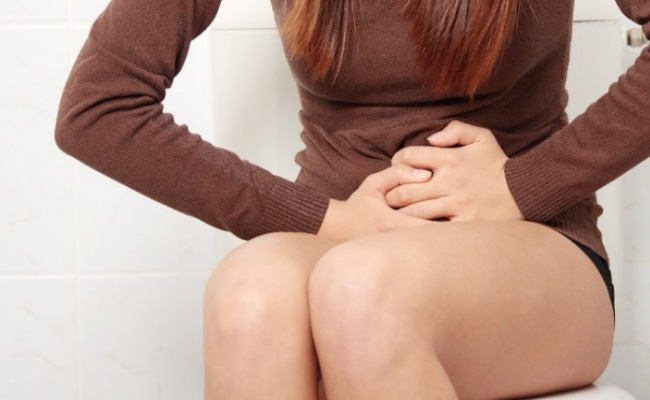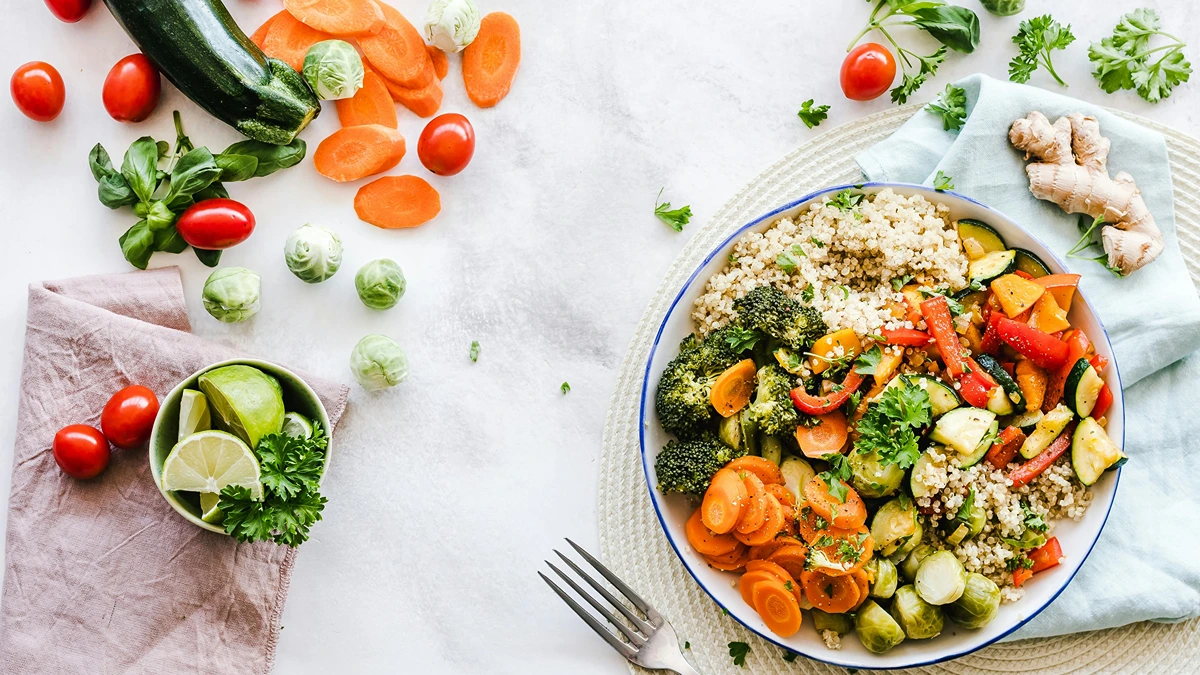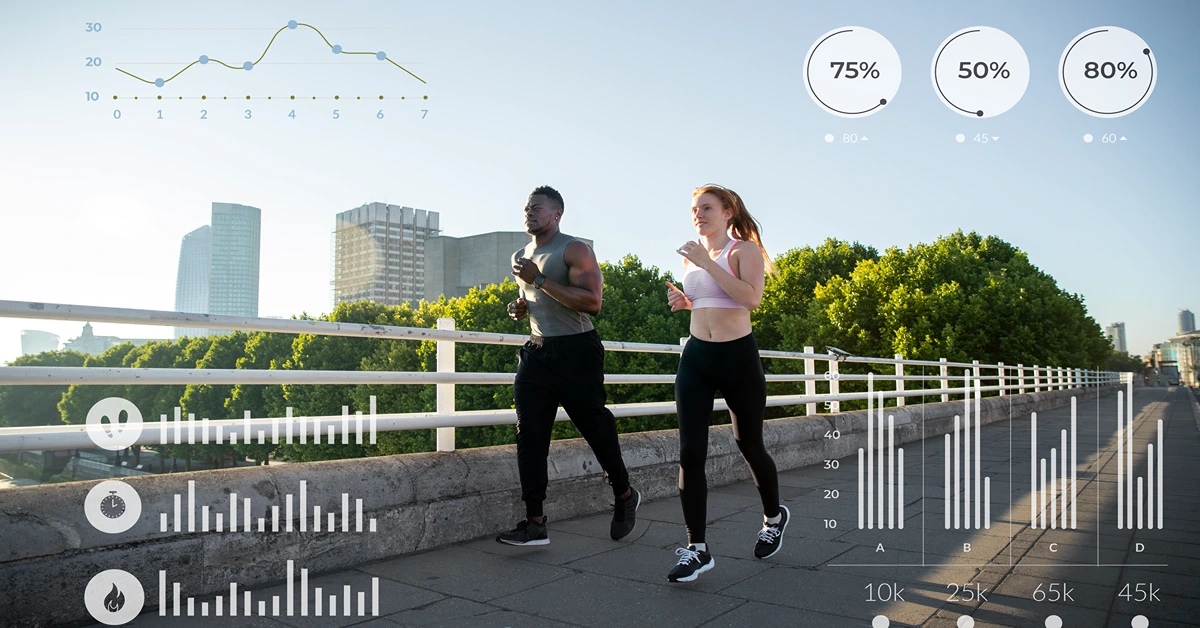atural Ways to Avoid Irregularity
- Eat a high fiber diet
- Drink eight glasses of water daily
- Exercise regularly
- Establish good bathroom habits
- Speak to your doctor if your symptoms persist
Read more below:
Incorporate Healthy Habits into Your Daily Routine
- Eat more fiber.
Found in many fruits, vegetables and whole grain breads and cereals, fiber helps your body develop soft, bulky stools. In addition to adding healthy fiber to your diet, try to avoid over-processed foods with little fiber, such as chips, pizza, ice cream, frozen dinners and instant potatoes.
- Drink at least 8 eight-ounce glasses of water or other liquid a day.
Keeping your stools soft and easy to pass requires plenty of fluids and especially water. Concentrate on drinking fruit juice, herbal teas, and just plain water, as caffeine- and alcohol-containing beverages tend to dry out your system.
- Get plenty of exercise.
Vigorous exercise isn’t necessary; just a 20-30 minute walk or any other regular exercise can help prevent constipation.
- Don’t ignore the urge to have a bowel movement.
People with busy schedules, children who don’t want to interrupt their play, and folks who don’t like to use public facilities are just a few examples of those who sometimes don’t stop and take the time to have a bowel movement. Repeatedly ignoring the urge to have a bowel movement, or just delaying a stop at the bathroom, can actually make us lose the ability to feel that urge which in turn can lead to constipation. So, when the urge comes, pay attention.
- Ask your doctor or pharmacist whether any medications you take are associated with constipation.
There are many over-the-counter and prescription medications known to be associated with constipation. In other cases constipation is an ongoing problem that needs to be addressed as long as you continue with your medication.
-
For occasional constipation that doesn’t respond to lifestyle and diet changes, take Isabgol (flea seed husk) taken with some hot liquid like tea or even water before going to bed is quite helpful. Haldi (turmeric) boiled in milk along with figs also helps in relieving constipation.
How We Eat & What We Eat
- Relax and eat slowly
- Eat more high-fibre foods
Hurried meals, skipped meals, weight-loss diets and meals eaten on the run can all contribute to or aggravate constipation. Try to sit down, relax and enjoy your meals in a leisurely manner. Family mealtimes are probably not the best times to talk about subjects such as homework, who scratched the car, or the latest credit-card bill that make family members tense and nervous.
If we want to avoid constipation, what we eat is important, too. And most important of all is to just include more fiber in our diet. Found in many fruits, vegetables and whole grain breads and cereals, fiber helps your body develop soft, bulky stools that are easy to pass. In addition to adding healthy fiber to your diet, try to avoid over-processed foods with little fiber, such as chips, pizza, ice cream, frozen dinners and instant potatoes.
If you decide to include more high-fiber foods in your diet, you may want to increase your fiber intake slowly in order to avoid bloating, gas or unnecessary stomach upset. And remember: it usually takes a few days before you will feel the positive effects of your healthy, new regime.





